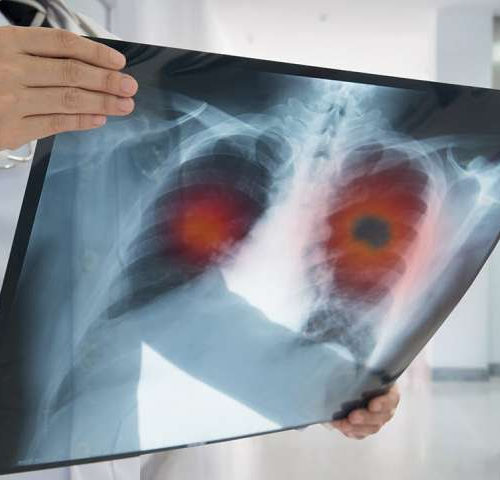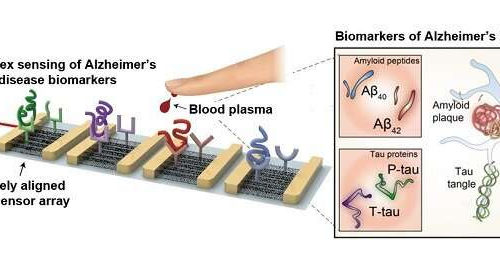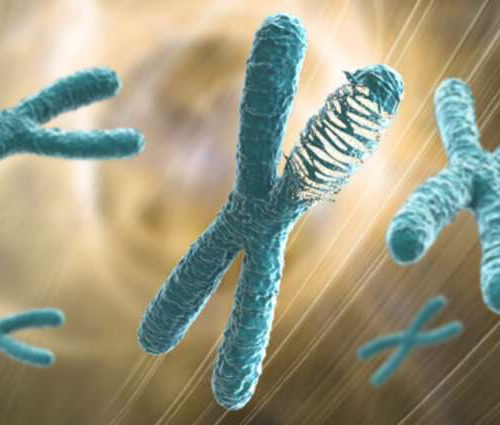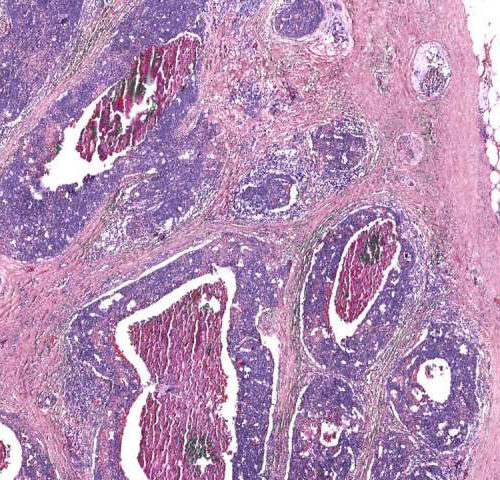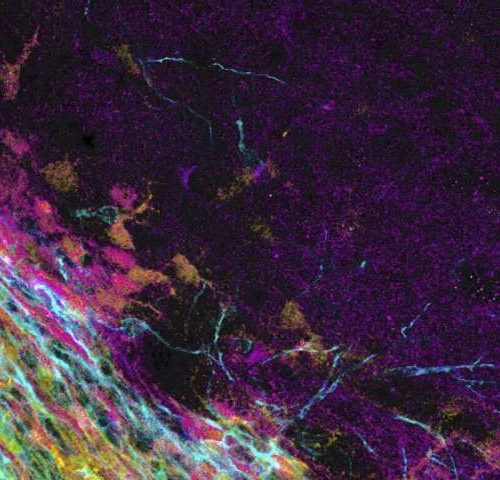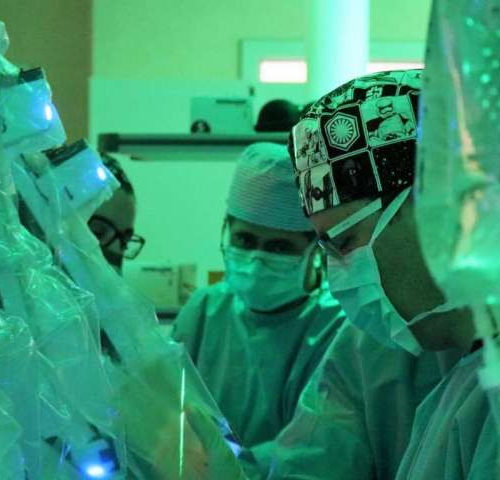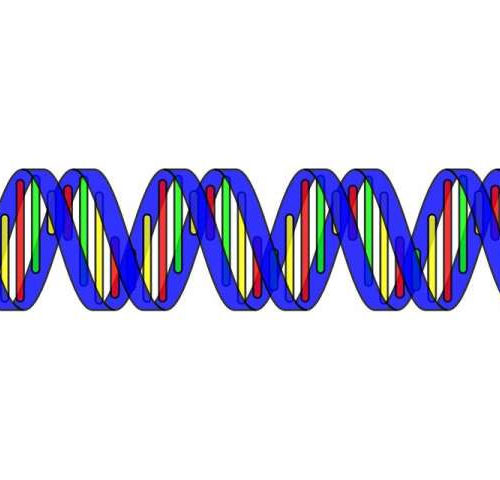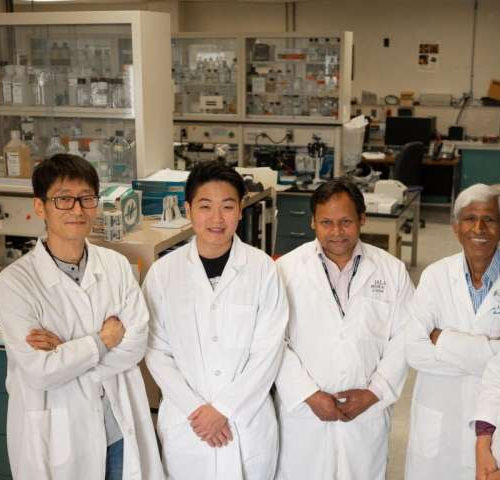by Kanazawa University Researchers at Kanazawa University report in the Journal of Thoracic Oncology a promising novel approach for a combined treatment of the most common type of lung cancer and associated secondary cancers in the central nervous system. The approach lies in combining two cancer drugs, with one compensating for a resistance side effect...
Brain training does not improve early number skills, say researchers
by Emma Griffiths, University of Sheffield Psychologists at the University of Sheffield have identified that core thinking skills are crucial in developing early number skills, and why children might differ widely in their early maths ability. Research from the University of Sheffield, funded by the Nuffield Foundation, investigated why children differ so much in their...
Blood-based multiplexed diagnostic sensor helps to accurately detect Alzheimer’s disease
by The Korea Advanced Institute of Science and Technology (KAIST) A research team at KAIST reported clinically accurate multiplexed electrical biosensor for detecting Alzheimer’s disease by measuring its core biomarkers using densely aligned carbon nanotubes. Alzheimer’s disease is the most prevalent neurodegenerative disorder, affecting one in ten aged over 65 years. Early diagnosis can reduce...
‘Chromosome shattering’: Understanding chromothripsis in human cancer
by Vicky Hatch, European Molecular Biology Laboratory Researchers at Harvard Medical School and EMBL-EBI have carried out the largest analysis across cancer types of the newly discovered mutational phenomenon chromothripsis. This study is the largest of its kind to date, containing whole-genome sequencing (WGS) data from over 2600 tumors spanning 38 different types of cancer....
Hybrid microscope could bring digital biopsy to the clinic
by Liz Ahlberg Touchstone, University of Illinois at Urbana-Champaign By adding infrared capability to the ubiquitous, standard optical microscope, researchers at the University of Illinois at Urbana-Champaign hope to bring cancer diagnosis into the digital era. Pairing infrared measurements with high-resolution optical images and machine learning algorithms, the researchers created digital biopsies that closely correlated...
Hard times are coming: Brain tissue stiffness is crucial for neurogenesis
by Helmholtz Association of German Research Centres In mammalian adult brains, neural stem cells are only present in few specific regions, so-called niches. Only these niches are capable of generating new neurons. For the first time, researchers have defined the proteome of these niches, the entire set of expressed proteins, and compared it to other...
‘Watch-and-wait’ strategy could safely replace surgery in more than 20% of rectal cancers
by Champalimaud Centre for the Unknown A team of doctors and scientists from the Champalimaud Clinical Centre in Lisbon, Portugal, and the Netherlands Cancer Institute in Amsterdam, has shown that patients with “low” rectal cancer (that is, very close to the anus) who show no sign of tumors after a course of radio- and chemotherapy...
Molecular ‘switch’ reverses chronic inflammation and aging
by University of California – Berkeley Chronic inflammation, which results when old age, stress or environmental toxins keep the body’s immune system in overdrive, can contribute to a variety of devastating diseases, from Alzheimer’s and Parkinson’s to diabetes and cancer. Now, scientists at the University of California, Berkeley, have identified a molecular “switch” that controls...
Study provides new understanding of mitochondria genome, potential for new avenues of treatment for cancers
by University of Texas M. D. Anderson Cancer Center A study led by The University of Texas MD Anderson Cancer Center furthered understanding about mitochondria, the cell components known as the “powerhouse of the cell.” Knowing more about the genome is crucial given that mitochondria play important roles in tumorigenesis. Findings were published in the...
Botanical drug is shown to help patients with head and neck cancers
by University of California, Los Angeles In a UCLA-led phase I clinical trial, a new plant-based drug called APG-157 showed signs of helping patients fight oral and oropharyngeal cancers. These cancers are located in the head and the neck. APG-157 is made up of multiple compounds produced by plants, including curcumin. UCLA Jonsson Comprehensive Cancer...

